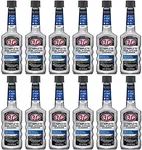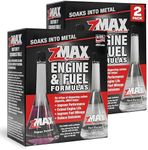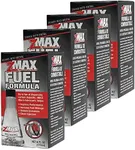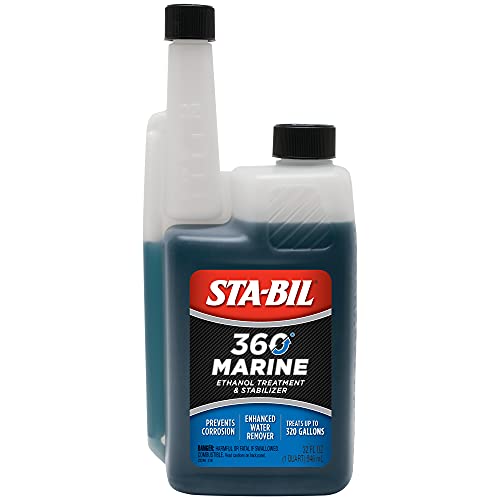Buying Guide for the Best Fuel Stabilizers
Choosing the right fuel stabilizer is essential for maintaining the quality and performance of your fuel, especially if you plan to store it for an extended period. Fuel stabilizers prevent the fuel from degrading, which can lead to engine problems and poor performance. When selecting a fuel stabilizer, consider the type of fuel you use, the storage duration, and the specific needs of your engine. Here are some key specifications to help you make an informed decision.Type of FuelFuel stabilizers are formulated differently depending on whether you use gasoline, diesel, or ethanol-blended fuels. It's important to choose a stabilizer that is compatible with the type of fuel you use. For gasoline engines, look for a stabilizer specifically designed for gasoline. If you use diesel, ensure the stabilizer is suitable for diesel fuel. Ethanol-blended fuels require a stabilizer that can handle the unique properties of ethanol. Using the correct type ensures optimal protection and performance.
Storage DurationThe duration for which you plan to store the fuel is a critical factor in choosing a stabilizer. Some stabilizers are designed for short-term storage, typically up to 6 months, while others can protect fuel for up to 24 months or more. If you plan to store fuel for a long period, opt for a stabilizer that offers extended protection. For shorter storage periods, a standard stabilizer will suffice. Always check the product label for the recommended storage duration to match your needs.
Concentration and DosageFuel stabilizers come in different concentrations, and the required dosage can vary. Concentrated stabilizers require smaller amounts to treat a given volume of fuel, while less concentrated ones may need more product. It's important to follow the manufacturer's instructions for the correct dosage to ensure effective stabilization. Consider how much fuel you typically store and choose a stabilizer that offers a convenient and cost-effective dosage for your needs.
Additional BenefitsSome fuel stabilizers offer additional benefits beyond just preventing fuel degradation. These can include cleaning the fuel system, preventing corrosion, and improving engine performance. If your engine has specific issues, such as fuel system deposits or corrosion, look for a stabilizer that addresses these problems. Choosing a product with added benefits can help maintain your engine in better condition and reduce maintenance costs.
Ease of UseThe ease of use of a fuel stabilizer can make a big difference, especially if you are not experienced with using such products. Look for stabilizers that come with clear instructions and easy-to-use measuring tools. Some products come in pre-measured bottles or have built-in measuring caps, which can simplify the process. Ensuring that the stabilizer is easy to use will help you apply it correctly and get the best results.


















